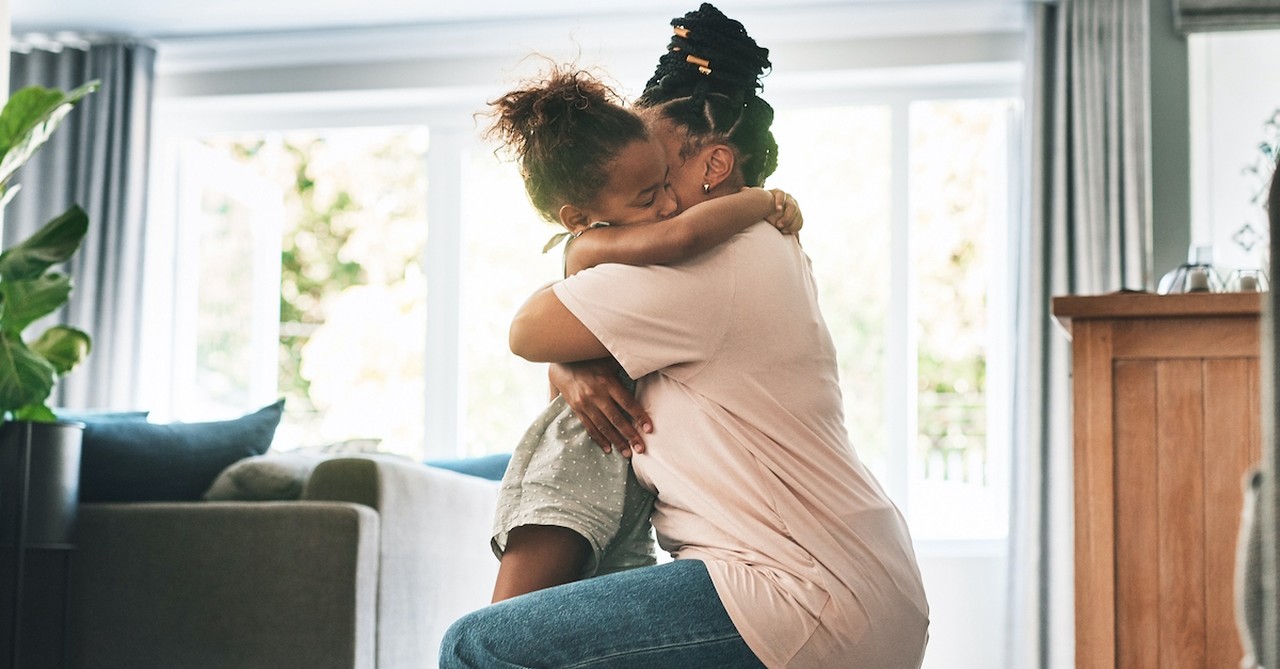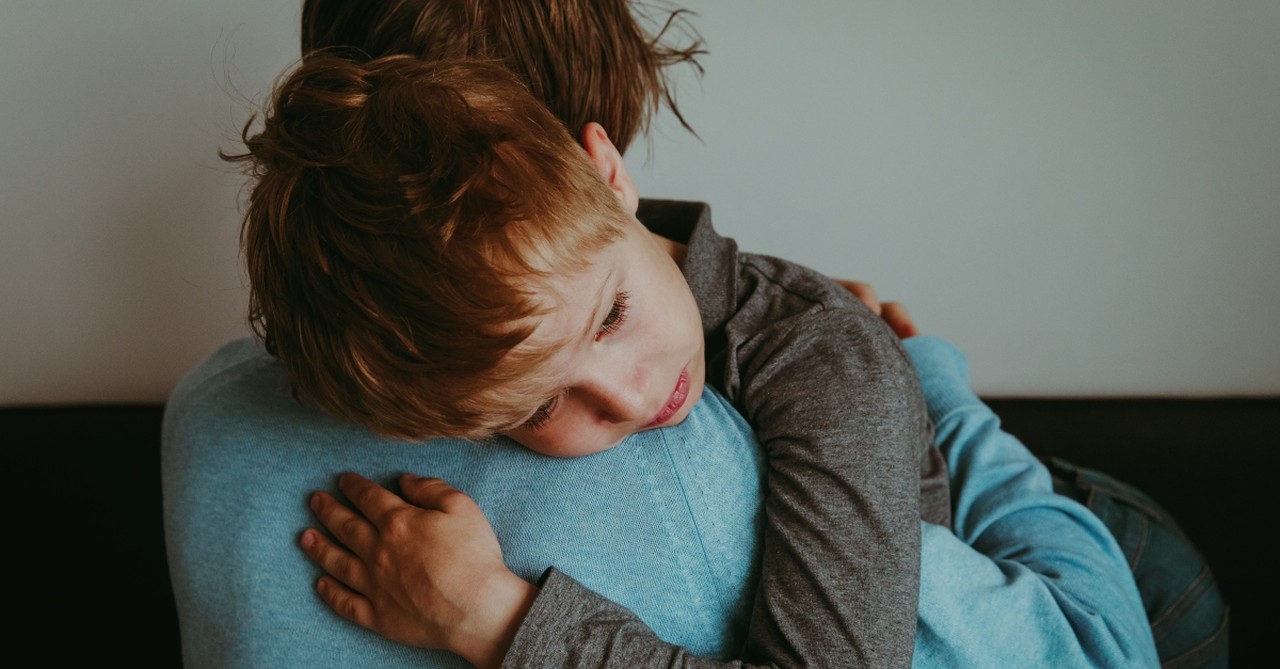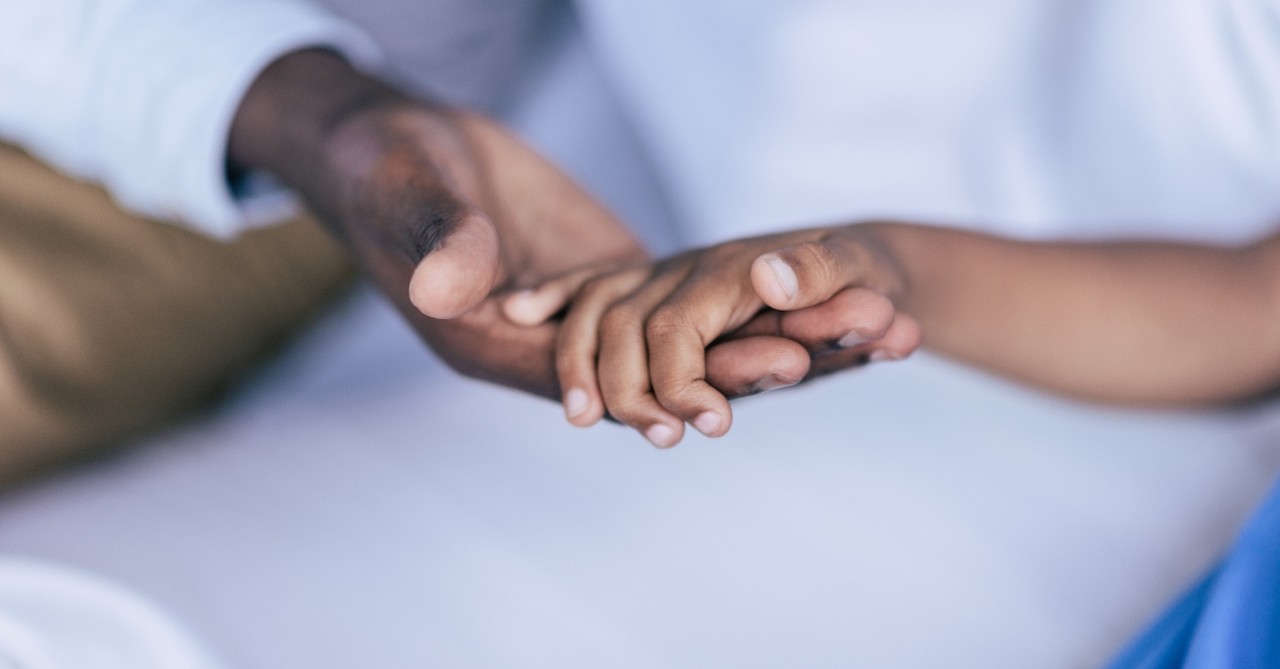4 Ways to Help Calm Your Anxious Child

As an adult, I've struggled with anxiety, all the while hoping and praying my kids would be spared the same struggle. Unfortunately, it seems anxiety is something my kids have begun to experience. Thankfully, my personal battle has given me eyes to see the difficulty they are facing. When I think back to my childhood, I had similar struggles that I observe in my own children, but no one was able to identify this as anxiety. Research has shown that children of a parent with an anxiety disorder have a 33 percent higher chance of having it themselves.
Anxiety can feel like a beast that is daunting to defeat, but the good news is it is possible to overcome the sensations that flood our minds and bodies when anxiety hits. We can help our children by teaching them strategies that lead to a more peaceful mind and body. It's our job to walk alongside them as they learn to understand how their minds and bodies work.
Here are a few tips to help you calm your anxious child:
1. Don't Dismiss Your Child's Anxiety

1. Don't Dismiss Your Child's Anxiety
SLIDE 1 OF 4
Anxiety can be tricky because sometimes it looks like bedtime avoidance, an upset stomach, or incessant questions in kids. We can often dismiss these behaviors that are a manifestation of an anxious body and even call them disobedience. When we don't acknowledge the root cause of our child's actions, we can get stuck in negative cycles with them. Your language with them can even trigger a more significant behavioral issue if you aren't sensitive to what's going on in their mind and body.
Ask questions to understand what is making them reluctant to stay in bed and go to sleep. Determine if the feelings in their body are due to illness or something they are nervous about. My son has even gotten so worked up about something he was quietly worried about that he threw up at bedtime. Nothing else was ailing him than an unsettled mind. Taking time to question, listen, and then help them talk through their feelings is so helpful for your kids.
2. Get Them Moving

2. Get Them Moving
SLIDE 2 OF 4
Our minds, bodies, and souls are all connected. When our brains get overloaded, then our bodies start feeling tense. When we move our bodies, we start to get our brains unstuck. In the book The Body Keeps the Score, the author Bessel Van Der Kolk, shares how his patients responded so positively when they coupled their therapy with yoga, running, walking, swimming, and other rhythmic exercises. Exercise releases serotonin and endorphins that help to improve our mood, cognition, and concentration. If we have kiddos that we see struggling with their mental health, it's extra important that we do all we can to keep them active.
Limit screen time, avoid TV before bed, make sure they get lots of outside time, and find a sport or activity to help them get moving. My son that struggles the most with anxiety had several panic attacks over the Christmas break. I realized that he has a month off from swim practice in December. Without the swim team on the calendar, he didn't have his regular exercise outlet, and as a result, we saw a spike in his anxiety.
My youngest daughter has significant trauma, and we've found that her best days are her active ones! When we get outside running, jumping, walking, and playing, the meltdowns we experience are far fewer. There is power in moving our bodies that are multiplied if that movement happens outdoors!
Photo Credit: ©iStock/Getty Images Plus/Tomwang112
3. Don't Avoid Things Just Because Your Child Is Anxious

3. Don't Avoid Things Just Because Your Child Is Anxious
SLIDE 3 OF 4
My daughter went through a period where she would not walk down to the bathroom because she was scared to turn on the light alone. This quickly became a big annoyance because we'd have to walk with her every time she had to go to the bathroom. Thankfully my pediatrician had some excellent insight that helped us through that season. She advised us to buy light switches she could reach on her own and encourage her to turn on the light and go to the bathroom independently. She said we couldn't let her avoid bathrooms because the lights are hard to get on. She had to learn how to overcome some of that fear she had.
We still often have examples of how our kids want to avoid something because they fear being in a new environment. My oldest is scared to move to the older group on his swim team because he knows fewer people at this level. While his anxiety is valid, rather than letting him avoid ever joining the 11 and up group, we instead all walked down to the pool with him to cheer him on during practice. He did great, but he needed us to help him see how capable he is, even when a situation feels new and scary.
4. Be Patient and Model Stress Management for Your Kids

4. Be Patient and Model Stress Management for Your Kids
SLIDE 4 OF 4
This may be the hardest one to follow; we want our kids to take on the world boldly. We hope they see the goodness around them rather than getting bogged down in the ugliness that plagues our world. Sadly, none of us can avoid the reality of our broken bodies and our broken world. The best gift we can give our kids is to be patient with them when their minds are stuck in a dark place. Listen to them, walk alongside them, and help them see that while their feelings are valid, they aren't all true. While we know the darkness is around us we can overcome our fears because we have access to a much more powerful and brighter light.
We also have to model how to manage life's stressors well for our kids. If we go around stomping and complaining whenever something breaks in our house, our kids will likely do the same. If we cower in fear everytime we face a setback, our kids will also see this as an acceptable response to difficulties. We have to show them through our actions that we can find grace and peace on even the craziest of days.
God charges us to be strong and courageous (Joshua 1:9). That God-given strength is given to us by grace. We don't have to power through to find courage; we just have to walk hand in hand with our Savior to find it. Show your kids that even though life is scary, God is greater. Model it with your own actions and share this truth with them often when they express their concerns.

Originally published May 25, 2023.







